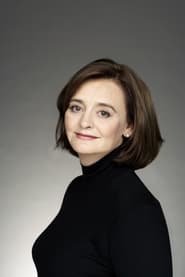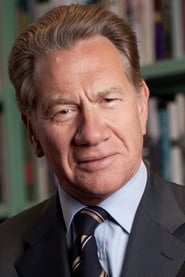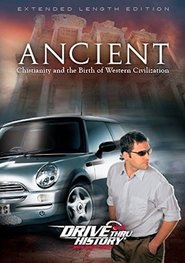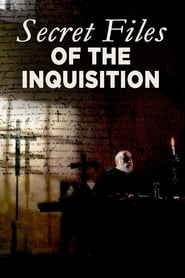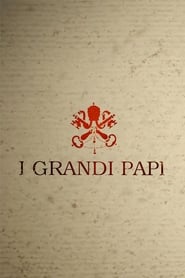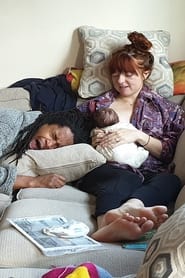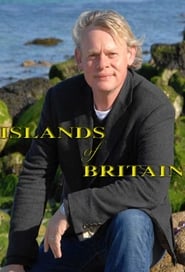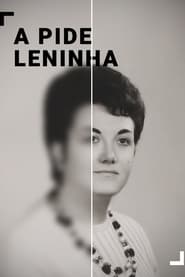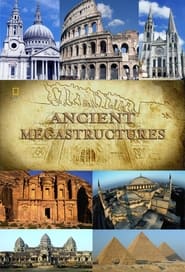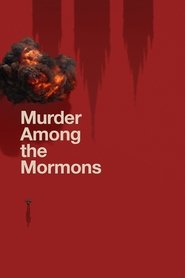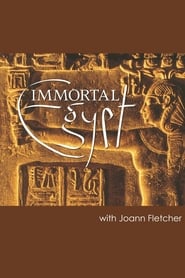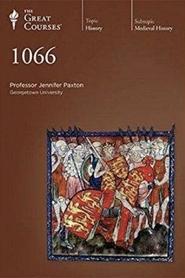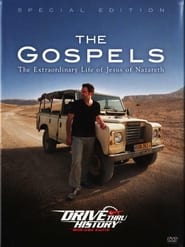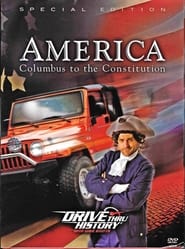- Created By
- First Aired on
Jan 11, 2009
- Popularity: 0.7123
- 0 votes
- Networks
- (GB)

- Status: Ended
Show Ended
1 seaons till Mar 01, 2009
Last episode: The Future of Christianity
Seasons & episodes
Total 1 seasons, 8 episodes

Series 1
Aired

Episode 1Jesus the Jew60 min
Leading British writer Howard Jacobson, a Jew himself, examines the origins and consequences of Christian belief. He argues that although Christianity originated in devout Judaism, for Jews it has been, for the most part, a calamity. Jacobson talks to Christian and Jewish scholars. He visits Jerusalem, Bethlehem, Galilee and Rome to find out more about Jesus the Jew, and discovers how key Christian beliefs - including the notion of a Messiah and baptism - have roots in Judaism. Furthermore, he asserts that Jesus didn't intend to start a new religion, and that for Jesus's family the new movement remained within Judaism: for them he was a charismatic Rabbi. Is Judaism Christianity's guilty secret?

Episode 2Rome60 min
Michael Portillo investigates the legacy of the Roman Emperor Constantine - the man who transformed Christianity from a clandestine handful of followers of Jesus Christ into one of the world's great religions with a global reach of over two billion worshipers. In 312AD Constantine is believed to have had some sort of religious epiphany or vision that converted him from Paganism - the traditional faith of Roman Emperors - to the new faith of Christianity. This transformed a persecuted cult into a religion of power and privilege within the Empire - with Constantine as head of both state and church. Michael Portillo, a lapsed Catholic himself, uses his politician's mind to unravel the process by which Constantine and the church came together and questions how ruthless imperialism came to be reconciled with Christ's pacifist, altruistic values. Portillo's conclusion is that once enthroned in a position of power, the church never looked back - and this has been a disaster for Christianity because 'power is for politicians and not for churchmen'.

Episode 3Dark Ages60 min
Presented by leading theologian Robert Beckford, Dark Ages explores how warring pagan tribes in Britain became one nation under a single religion - Christianity. In this extraordinary story, which begins with the fall of the Roman Empire 400 years after the birth of Jesus, we chart the precarious survival of Christianity in the Celtic West and Ireland following a struggle for souls between three different religious traditions: the warrior pagan religion of the Anglo-Saxons, Celtic Christianity and a resurgent Roman Christianity, which arrived with St Augustine in 597. With the aid of noted experts in the field, Robert Beckford reveals how these conflicts were resolved and why Christianity was a vital element in the eighth century creation of an alternative identity for the English peoples. This was a spectacular cultural achievement with a revolutionary agenda, which became, in the Kingdom of King Alfred, the basis of the nation we live in today.

Episode 4Crusades60 min
Acclaimed war correspondent Rageh Omaar examines the effect the Crusades have on the world today. In the West, the Crusades are a chapter of Christian history that has little impact on our everyday lives, but in the Middle East many believe that the Crusades are happening again. In the wake of 9/11, President George W Bush described the War on Terror as a 'Crusade'. Rageh believes this invocation of Christian Holy War alienated much of the Muslim world. Bush's comments have never been forgotten and are today exploited by Islamist terror organisations, who refer time and again to the West as Crusaders. On his journey through Europe and the Middle East, Rageh speaks to historians as well as ordinary people in order to understand how it is that events of 900 years ago can have such a divisive effect on relations between the West and the Muslim world, and on two of the world's greatest religions - Islam and Christianity.

Episode 5Reformation60 min
Nearly five centuries ago, the Reformation split the medieval Church into competing Catholic and Protestant factions. Ancient customs were abolished, the Pope was declared the Antichrist and Christian killed Christian in the name of their faith as religious wars and massacres raged. Ann Widdecombe MP was brought up as a Protestant in the Church of England but later in life converted to Catholicism. In her search for the causes of The Reformation, Ann sets out to learn more about the turbulent years that saw merciless intolerance drive a bitter divide between Catholics and Protestants. Beyond the battles of kings, popes and theologians Ann explores how the Reformation came to affect the common people and why it led to many religious breakthroughs: from attacks on church corruption to the translation of the Bible into English.


